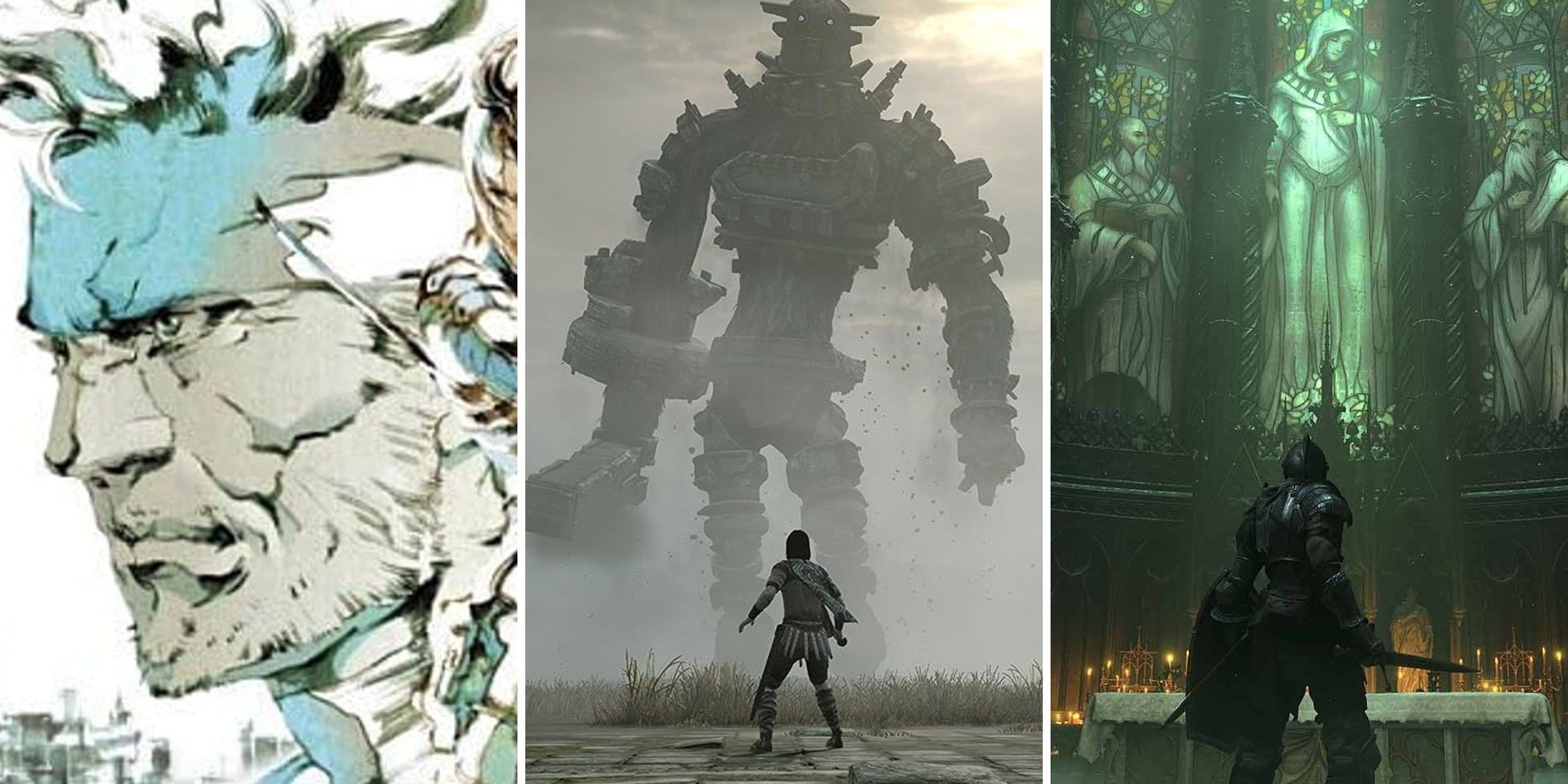In a move that could redefine one of the video game industry`s most enduring giants, Electronic Arts (EA) is poised to transition from a publicly traded company to a private entity. The proposed acquisition, valued at an eye-watering $55 billion, signals a monumental shift not only for EA but potentially for the broader gaming landscape. This isn`t just a transaction; it`s a re-imagining of a legacy, bringing a vast empire of studios, iconic franchises, and innovative platforms under a new ownership structure.
The Price of Power: A Glimpse into the Consortium and Capital
A staggering $55 billion. In an industry where major acquisitions are becoming increasingly common, this figure stands out, making it one of the largest in recent memory. The consortium behind this colossal buyout is as intriguing as the sum itself, comprising Saudi Arabia`s Public Investment Fund, Jared Kushner`s Affinity Partners, and the private equity firm Silver Lake. This formidable triumvirate is betting big on EA`s enduring value and future potential.
However, no deal of this magnitude comes without its complexities. The acquisition still hinges on crucial regulatory approvals and the definitive sign-off from EA`s stockholders. With an expected completion in Q1 FY27, there`s ample time for due diligence and potential market fluctuations. Furthermore, the transition to private ownership will see EA take on an additional $20 billion in new debt to finance the buyout. One might muse that while money can buy many things, financial independence from the public market often comes with its own unique set of liabilities.
A Kingdom of Creativity: EA`s Vast Studio Empire
So, what exactly does $55 billion purchase in the digital realm? Quite simply, a sprawling creative network that has shaped generations of gaming. EA`s portfolio isn`t merely a list of names; it`s a tapestry woven with the threads of countless iconic games:
- DICE: The masterminds behind the visceral, large-scale warfare of the Battlefield series, alongside their Frostbite engine innovations.
- Maxis: The architects of digital societies and personal stories with The Sims, a franchise that consistently defies conventional gaming genres.
- Respawn Entertainment: A modern powerhouse, responsible for the critically acclaimed Apex Legends, the compelling Star Wars Jedi titles, and the revered Titanfall series.
- Criterion Games: Synonymous with high-octane racing experiences, particularly the Need for Speed franchise.
- Motive Studio: Known for their meticulous work on titles like Star Wars: Squadrons and the impressive Dead Space remake.
- PopCap Games: The casual gaming maestros, bringing joy through titles like Plants vs. Zombies and Bejeweled.
- Codemasters: Specialists in racing simulations, adding depth to EA`s sports offerings.
Even storied studios like BioWare, with its rich legacy of Mass Effect and Dragon Age, form part of this acquisition. While recent years have presented challenges for BioWare, their inclusion underscores the sheer breadth of creative talent being brought under new management, prompting speculation about their future direction under private stewardship.
The Sporting Dynasty: Powering Global Competition
Beyond cinematic adventures and creative simulations, the other crown jewel in EA`s empire is its dominant EA Sports division. This segment is a global phenomenon, anchoring annual releases for:
- EA Sports FC (formerly FIFA)
- Madden NFL
- PGA Tour
- NHL
These franchises have transcended traditional gaming, evolving into lucrative live-service platforms and competitive esports ecosystems. Their consistent performance and broad appeal represent a bedrock of EA`s financial strength and cultural impact, making them a critical component of the $55 billion valuation.
Iconic Intellectual Properties: More Than Just Game Code
The acquisition also includes an expansive library of intellectual properties (IPs)—some actively developed, others dormant, but all holding immense potential. From the gritty battlefields of Medal of Honor to the futuristic parkour of Mirror`s Edge, and the strategic depth of Command & Conquer, EA possesses a treasure trove of brands. Even less active IPs like Army of Two or the beloved Skate series retain value in an age where transmedia projects and remakes are increasingly prevalent.
Furthermore, EA`s robust relationships with licensed IPs, notably its long-standing partnership with Star Wars, add significant weight. The EA Originals label also demonstrates a commitment to fostering independent talent, bringing critically acclaimed, unique titles to market under the EA umbrella.
Beyond Games: Infrastructure and Innovation
The deal encompasses more than just games and developers; it includes the vital infrastructure that supports EA`s operations:
- EA All Play: The company`s dedicated mobile and digital titles division.
- EA Competitive Gaming Division (CGD): Established to grow esports competitions around flagship titles.
- SEED (Search for Extraordinary Experiences Division): EA`s incubator for cutting-edge research and development in new technologies.
- EA Platforms and Services: Including the PC distribution platform, EA App, and the popular subscription service, EA Play (also integrated into Game Pass Ultimate).
These elements represent the arteries and veins of EA`s ecosystem, ensuring content delivery, community engagement, and future growth. Acquiring EA means acquiring a fully functional, self-sustaining digital entertainment conglomerate.
The Road Ahead: Private, But Not Quiet
The transition to private ownership for Electronic Arts is a seismic event. It promises a period of significant change, potentially freeing the company from the quarterly earnings pressures that often dictate strategic decisions for public entities. This newfound autonomy could lead to more audacious long-term investments, greater risk-taking in creative endeavors, or a more streamlined, focused approach to its existing portfolio.
However, the burden of $20 billion in new debt and the visions of its new proprietors will undoubtedly steer EA`s course. Will this acquisition usher in an era of unprecedented innovation and stability, or will the weight of its new financial structure lead to a more conservative strategy? Only time will tell if this $55 billion gamble transforms the gaming giant into a revitalized powerhouse or a tightly managed asset. One thing is certain: the future of Electronic Arts, and a significant slice of the gaming world, just got a whole lot more interesting.

